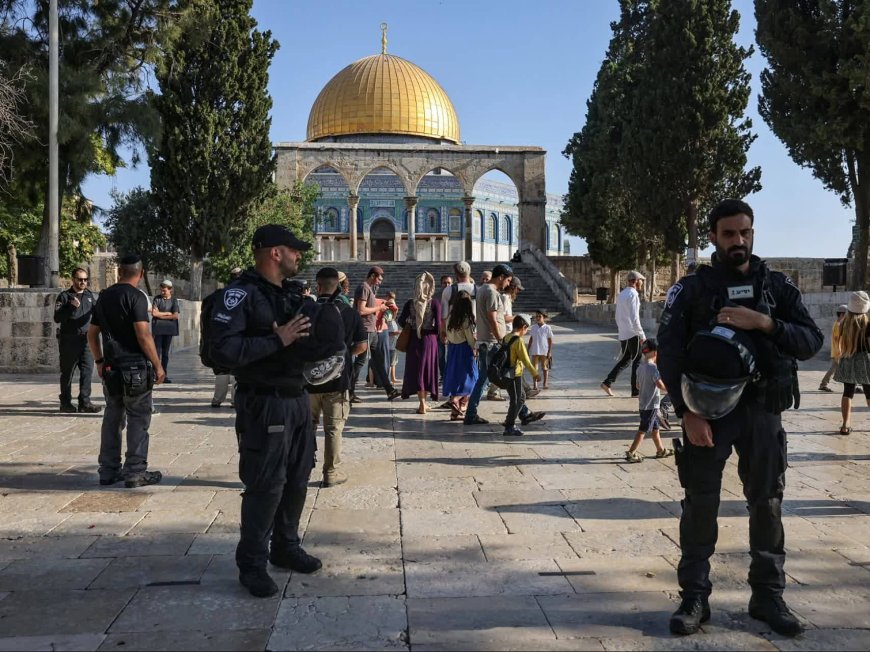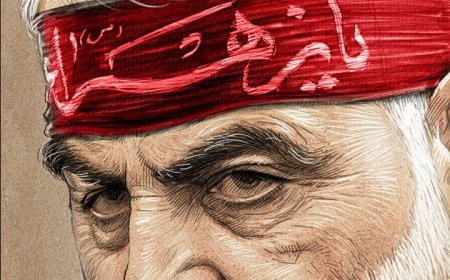The Judaization of Jerusalem: Expulsion of Christians and Arabs in a Changing City
The Judaization of Jerusalem: Expulsion of Christians and Arabs in a Changing City

Of particular concern is the increasing number of threats and attacks targeting the Christian community by Zionist settlers. These acts of aggression directly jeopardise the presence and well-being of Christians in Jerusalem. Additionally, the report underlines the growing isolation of the Arab population from the city's political, economic, and social fabric, eroding their collective sense of identity.
The restrictive policies imposed by the Zionist authorities on Palestinian construction have exacerbated the issue, leading to a significant number of Arab structures in East Jerusalem being deemed illegal. Furthermore, the planned expansion of settlements around predominantly Arab neighbourhoods further isolates Jerusalem from the West Bank. The report raises alarm about the exploitation of archaeology and tourism by Zionist officials and settler communities, who seek to reinforce a biblically inspired Jewish narrative about Baitul Muqaddas.
Despite constituting a substantial 38.5% of Jerusalem's population, Palestinians receive a mere 15% of the local budget allocation, resulting in inadequate access to basic resources, including drinking water. These concerning trends, which were already prevalent, have intensified in 2022. The return of Prime Minister Netanyahu, alongside his coalition of far-right parties, and the policies pursued by the Bent-Lapid government have exacerbated the situation, leading to a surge in deaths in the West Bank and an unprecedented pace of settlement development.
The Zionist regime's policies, such as the denial of building permits to Arabs and the treatment of Christians by settlers, have seriously weakened the sense of community in Jerusalem. Moreover, the media's disproportionate focus on oppression against Muslim Arabs has overshadowed the ongoing restrictions faced by Christians in the city.
Recent incidents, such as the violent attack on an American-owned restaurant in the Old City by Jewish extremist groups, serve as distressing examples of the escalating sectarianism and bigotry. While church leaders do not believe these attacks reflect the official policy of the new government, the actions of these individuals, emboldened by their perceived support, contribute to an atmosphere of hostility.
The Christian population in Jerusalem, once a thriving centre, has witnessed a significant decline over the past century, with numbers now standing at less than two percent. Christians feel disproportionately affected by the policies of the Zionist regime, prompting many to contemplate emigration.
In conclusion, the overarching strategy of Judaizing Baitul Muqaddas and expanding its borders, particularly in the eastern part and the West Bank, presents formidable challenges for the Arab and Christian populations in the occupied territories. The growing influence of the extreme right in Israeli politics, manifested by infamous figures like Finance Minister Bezalel Smoutrich and their racist policies, has further exacerbated these issues. Urgent and decisive action is imperative to address these concerns and safeguard the multi-religious and multicultural character of Baitul Muqaddas.













































